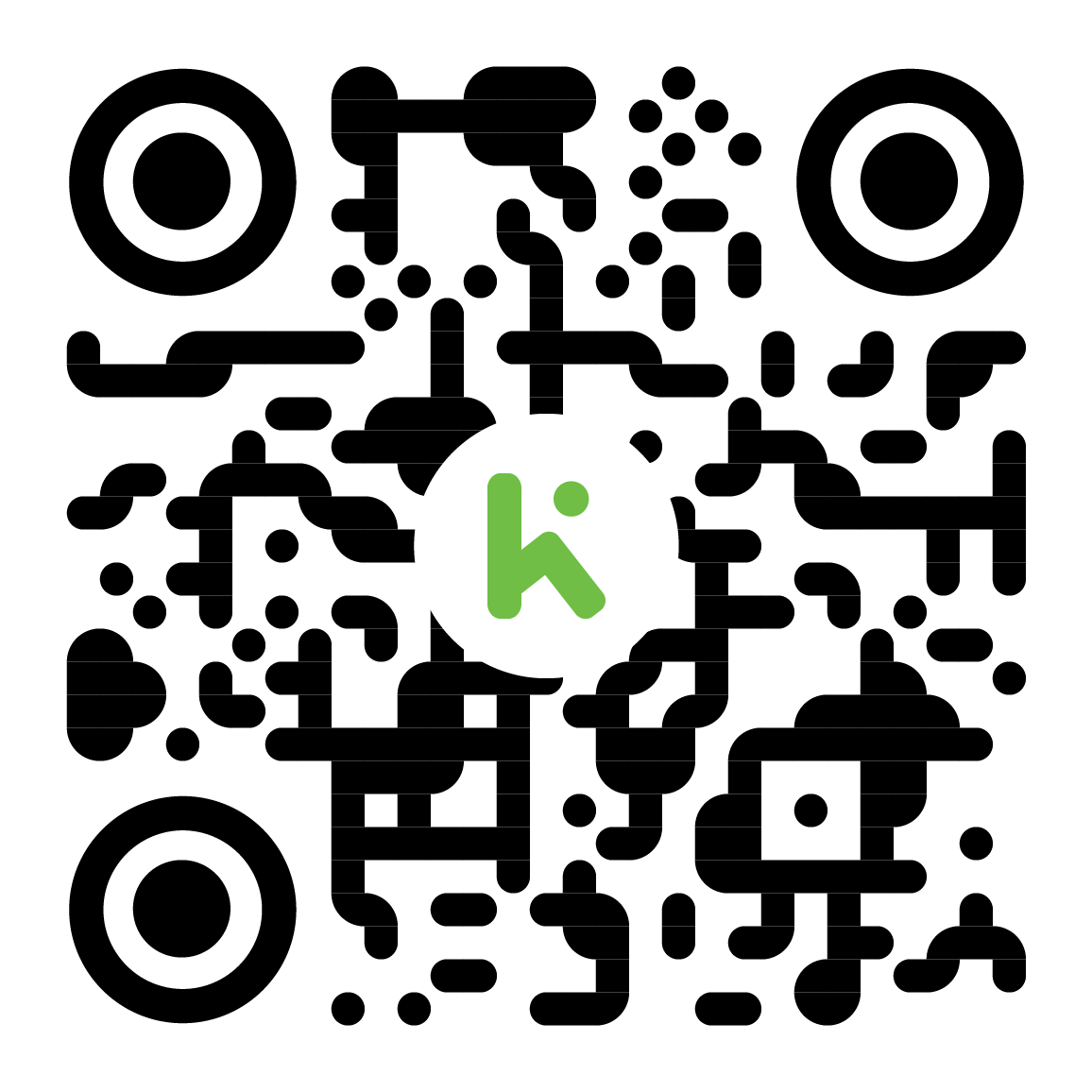Navigating the beauty and personal care market can be tricky, especially with inconsistent regulations across countries. In this article, we’ll explore the differences in cosmetic regulations between the European Union (EU), the United States (USA), and Albania. From the strict EU standards to the limited oversight in Albania, here’s what you need to know to make safer choices.
1. European Union: The Gold Standard in Safety
The EU leads in cosmetic safety with Regulation 1223/2009, banning 1,694 ingredients known to pose health risks. EU law requires manufacturers to conduct rigorous safety assessments, ensuring products meet high standards before reaching consumers. However, despite these rules, a recent European Chemicals Agency (ECHA) report found that 6% of EU cosmetics still contained banned substances, showing that even strict regulations require ongoing vigilance. Read more about the ECHA findings in our recent post.
Kungul’s Role: For EU-based users, Kungul provides an extra layer of safety by scanning and analyzing ingredients to confirm compliance with EU standards, helping consumers choose products free from harmful chemicals.
2. United States: Limited Regulation, High Demand for Clean Beauty
Cosmetic laws in the U.S. have not been updated since 1938, with only 11 ingredients currently banned, compared to the EU’s 1,694. The lack of regulation means that terms like “clean” and “natural” can be used freely, leading to greenwashing. Despite this, consumer demand for transparency is rising, with 1 in 3 products now labeled “clean” and over 50% of beauty products sold as paraben-free.
Kungul’s Role: In the U.S., Kungul cuts through the confusion by providing independent ingredient analysis, helping users identify truly safe products amidst misleading claims.
3. Albania: A Work in Progress
Albania’s Law 26/2017 partially aligns with the EU’s standards, but gaps remain. Limited updates to the list of banned ingredients mean that certain harmful substances, including potential carcinogens, are still allowed. Roughly 10% of Albanian market products meet clean beauty standards, and Kungul actively collaborates with local brands to promote these safer options.
Kungul’s Role: In Albania, Kungul educates consumers, highlights green beauty products, and partners with trusted local brands to offer exclusive discounts on clean products.
Why Kungul?
Kungul empowers users by providing real-time ingredient analysis and updates. Regardless of regulatory inconsistencies, our app helps consumers stay informed and choose products that align with their health and safety standards.
Stay Safe with Kungul: Download our app today and make informed, safer beauty choices.
References:
- European Chemicals Agency (ECHA): ECHA Cosmetic Regulations Report
- European Union Regulation 1223/2009: EU Cosmetic Regulation
- U.S. Food and Drug Administration (FDA): FDA Cosmetic Regulations

